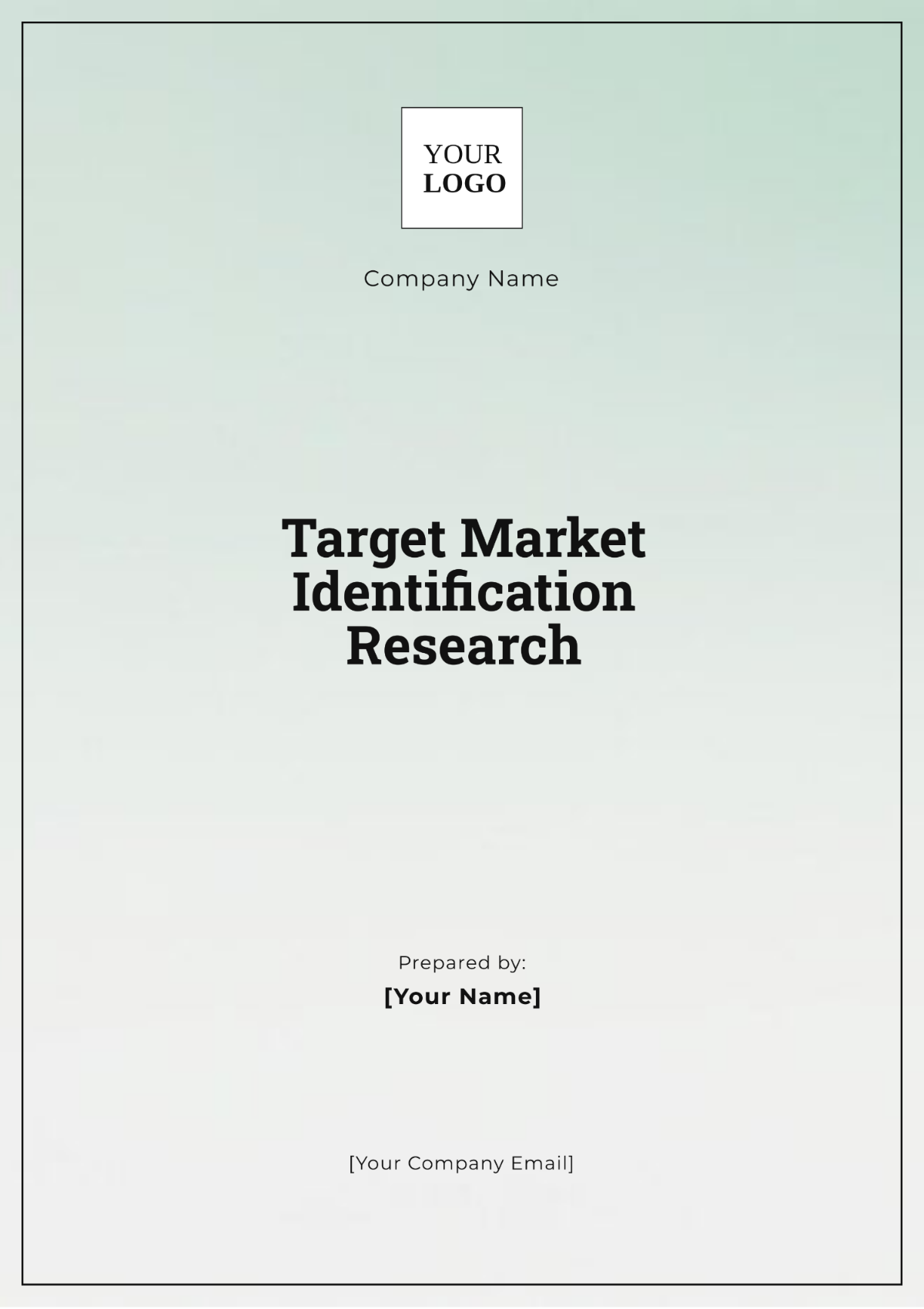Digital Marketing Descriptive Research
I. Introduction
Digital marketing encompasses all marketing efforts that use an electronic device or the internet. Businesses leverage digital channels such as search engines, social media, email, and websites to connect with current and prospective customers. This research aims to descriptively explore various facets of digital marketing, providing a comprehensive overview that is both informative and educational.
II. Objectives of the Study
To understand the different strategies utilized in digital marketing.
To assess the effectiveness of digital marketing compared to traditional marketing.
To explore emerging trends and technologies in digital marketing.
To identify challenges and opportunities within the digital marketing landscape.
III. Methodology
This research employs a descriptive methodology, gathering data from various secondary sources such as academic journals, industry reports, and reputable websites. Data analysis will include qualitative descriptions and quantitative data representations using tables and charts.
IV. Literature Review
Significant literature highlights the evolution of digital marketing and its impact on business strategies. Chaffey and Ellis-Chadwick (2019) discussed the role of various digital marketing channels in driving consumer engagement. Similarly, Ryan and Jones (2016) emphasized the importance of a cohesive digital marketing strategy.
V. Digital Marketing Strategies
Digital marketing encompasses a variety of strategies aimed at reaching online consumers. Key strategies include:
Search Engine Optimization (SEO)
Content Marketing
Social Media Marketing
Email Marketing
Pay-Per-Click Advertising (PPC)
Affiliate Marketing
VI. Effectiveness of Digital Marketing
The effectiveness of digital marketing can be measured through various metrics, such as return on investment (ROI), conversion rates, and engagement rates. According to a study by HubSpot (2021), businesses utilizing digital marketing experienced a 30% increase in revenue compared to those relying solely on traditional methods.
VII. Strategy
Strategy | Effectiveness (Score out of 10) | Notes |
|---|---|---|
SEO | 8 | Long-term benefits and increased organic traffic |
Content Marketing | 7 | Builds authority and trust |
Social Media Marketing | 9 | High engagement and reach |
Email Marketing | 6 | Direct communication but spam concerns |
PPC | 7 | Immediate results can be costly |
Affiliate Marketing | 6 | Performance-based but requires good partnership |
VIII. Emerging Trends in Digital Marketing
Several emerging trends are shaping the future of digital marketing:
Artificial Intelligence and Machine Learning
Chatbots and Conversational Marketing
Personalization and Customer Experience
Voice Search Optimization
Video Marketing
IX. Challenges in Digital Marketing
While digital marketing offers numerous advantages, it also presents several challenges:
Digital Ad Fraud
Maintaining Data Privacy and Security
Adapting to Constantly Changing Algorithms
Managing Multichannel Strategies
X. Conclusion
Digital marketing is an essential component of modern business strategies. By understanding its various strategies, measuring its effectiveness, and staying abreast of emerging trends, businesses can effectively leverage digital marketing to achieve their objectives. However, they must also navigate the inherent challenges to maximize their digital marketing success.
XI. References
Chaffey, D., & Ellis-Chadwick, F. (2019). Digital Marketing: Strategy, Implementation and Practice. Pearson.
Ryan, D., & Jones, C. (2016). Understanding Digital Marketing: Marketing Strategies for Engaging the Digital Generation. Kogan Page Publishers.
HubSpot. (2021). The Ultimate List of Digital Marketing Statistics for 2021. Retrieved from HubSpot website.

















































